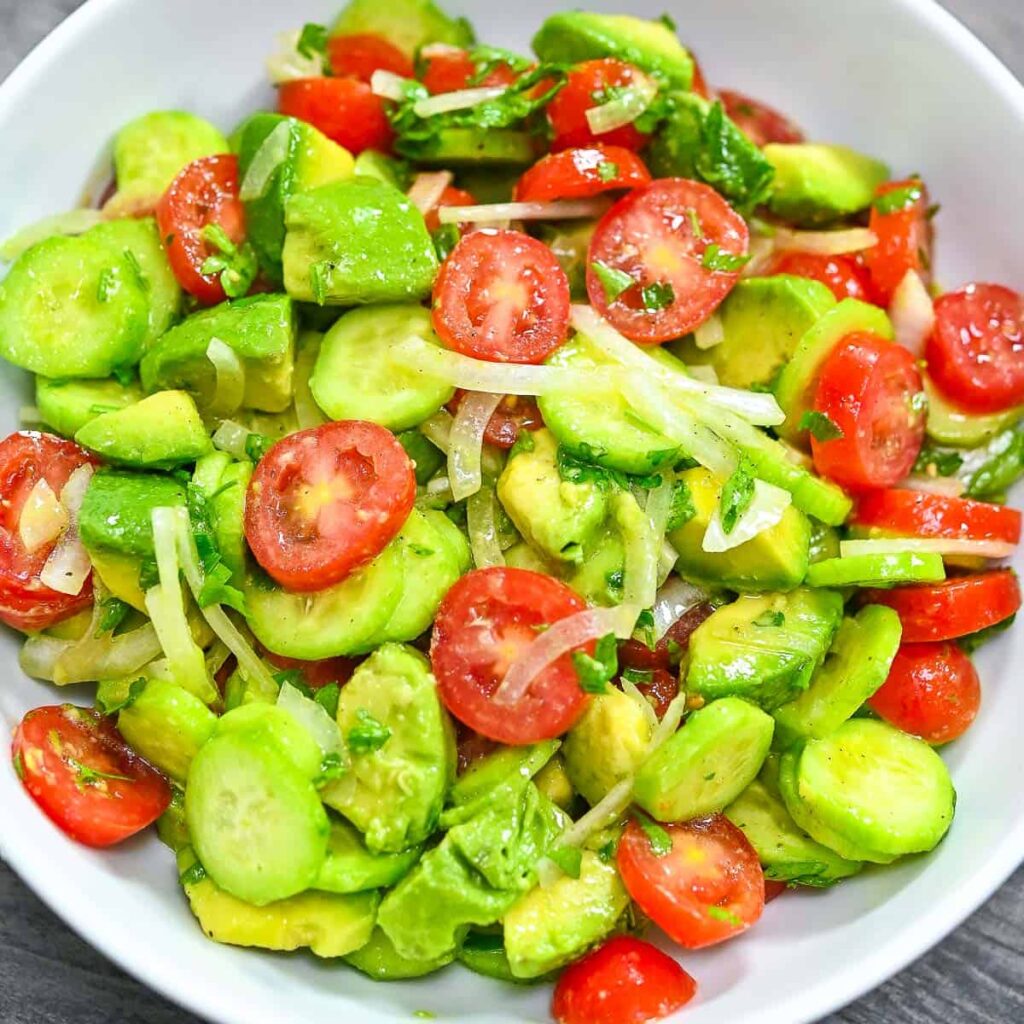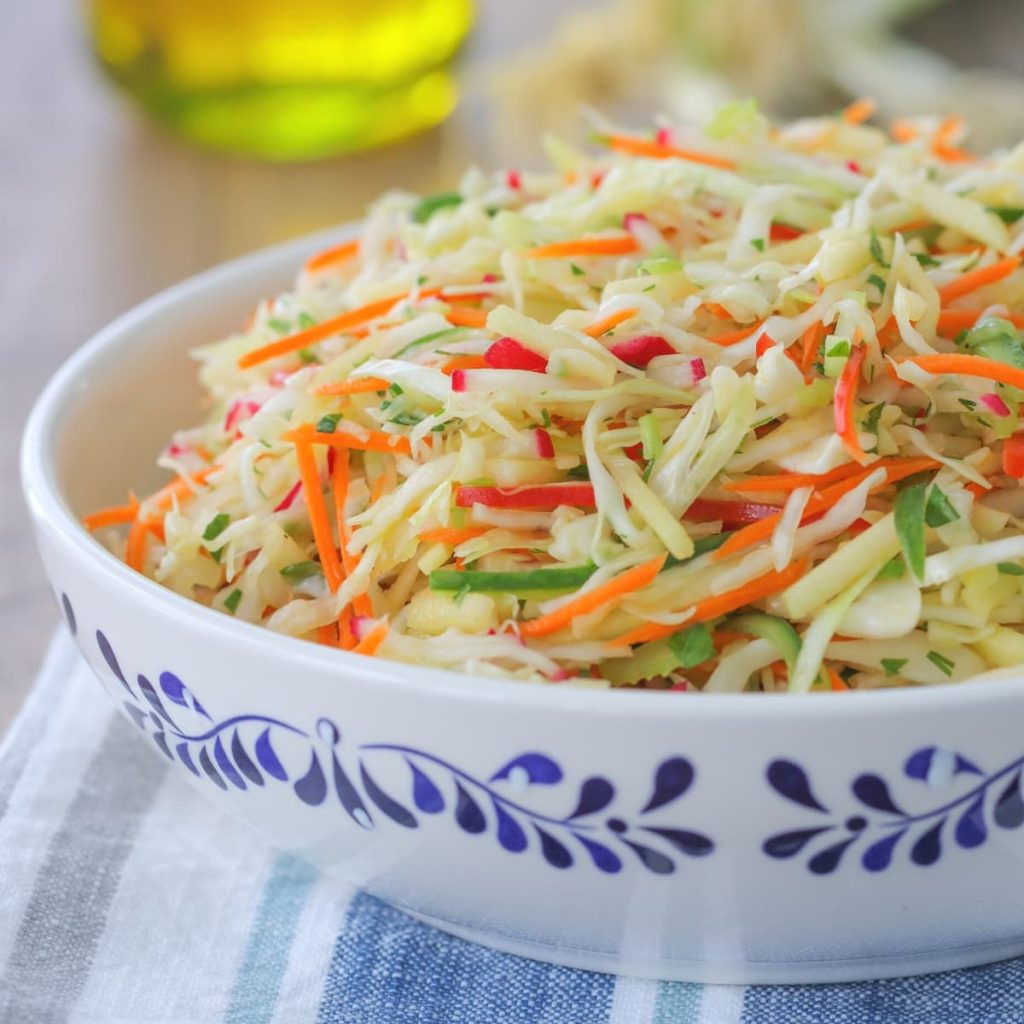Vegan Delights in Ethiopian and Eritrean Cuisine
Introduction
Ethiopian and Eritrean cuisines are renowned for their vibrant flavors, unique cooking techniques, and an impressive array of vegan options. In these East African countries, the culinary culture is deeply intertwined with religious fasting practices, particularly within the Orthodox Christian community, which abstains from all animal products on certain days. This tradition has led to the development of a rich vegan culinary landscape, offering a plethora of dishes that are not only culturally authentic but also wonderfully satisfying for those on a plant-based diet.
The Vegan Staples
At the heart of these cuisines is a variety of vegan staples. Injera, a sourdough-risen flatbread with a slightly spongy texture, is a ubiquitous accompaniment to most meals. Made from teff flour, which is gluten-free and rich in nutrients, injera serves as the perfect base for a variety of vegan stews and salads.
Vegan Stews and Dishes
Shiro: A creamy and spicy stew made from ground chickpeas or broad bean flour, cooked with a blend of Ethiopian spices. Shiro can be prepared in various ways, some with a thinner consistency, while others are made thick and hearty.
Misir Wot: A red lentil stew cooked in a rich sauce of berbere spice, a blend of chili peppers, garlic, ginger, and other spices, making it both fiery and flavorful.
Gomen: A dish of stewed collard greens, seasoned with aromatics and spices. It’s a simple yet satisfying dish that pairs wonderfully with injera.
Atakilt Wat: A turmeric-spiced stew of cabbage, carrots, and potatoes. This mild and comforting dish is a testament to the balanced flavors of Ethiopian cooking.
Fosolia: A string bean and carrot medley, lightly spiced and sautéed to maintain a delightful crunch.

Salads and Cold Dishes
Azifa: A cold lentil salad, typically seasoned with a dressing of lemon juice, oil, and mild spices. It’s a refreshing side dish, especially during warmer weather.
Timatim Salad: A simple salad made from tomatoes, green chili, and onions, dressed in a light vinaigrette. It’s a cool and crisp addition to any meal.



Fasting and Feast Days
Ethiopian and Eritrean cuisines are particularly vegan-friendly during the fasting periods like Lent and other religious observances. During these times, the majority of traditional restaurants and homes prepare exclusively vegan dishes, making it an ideal time for vegan food enthusiasts to explore these cuisines.
Conclusion
The beauty of Ethiopian and Eritrean cuisines lies in their ability to transform simple ingredients into dishes rich in flavor and nutrition. These cuisines offer a delightful journey for vegans and anyone interested in exploring plant-based options. From spicy stews to refreshing salads, the vegan dishes of Ethiopia and Eritrea are a testament to the diversity and richness of plant-based cooking. Whether you’re a lifelong vegan or just curious about plant-based options, these cuisines offer a world of flavors waiting to be explored.

